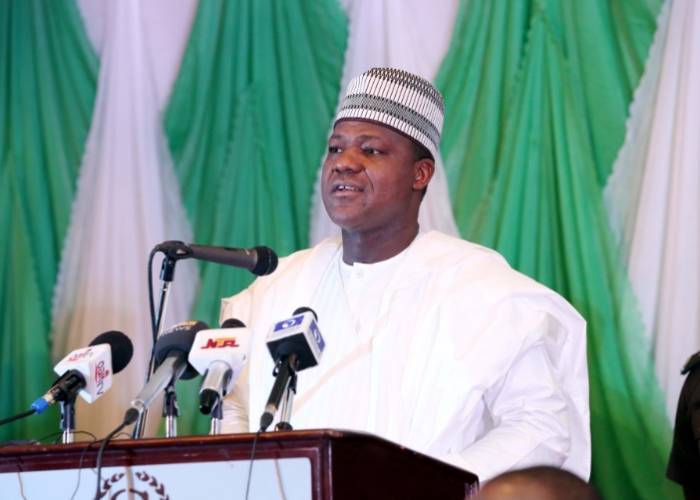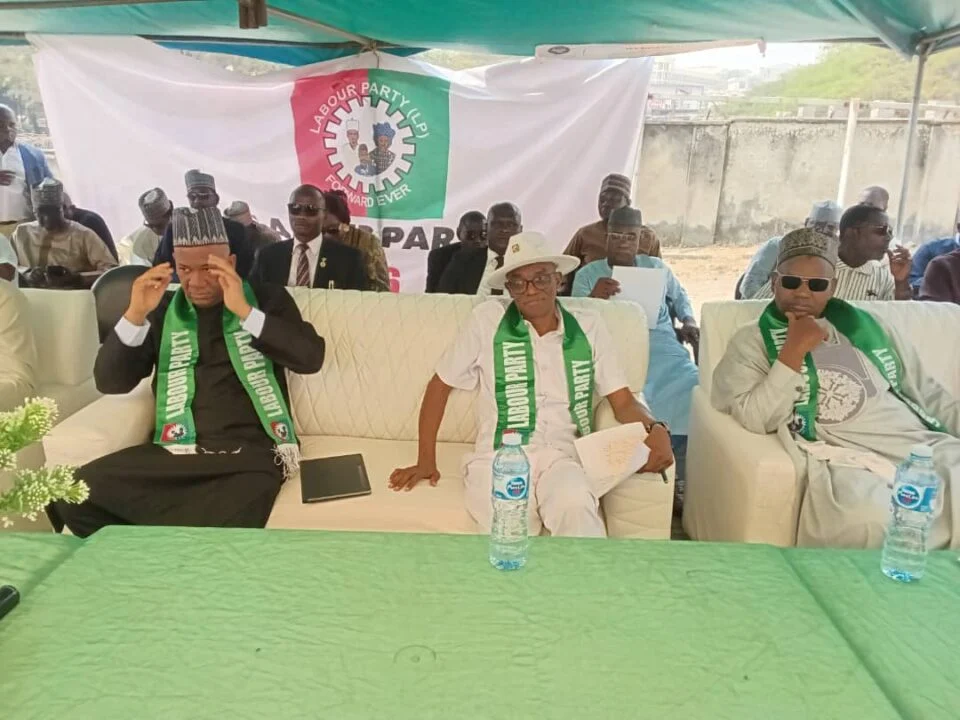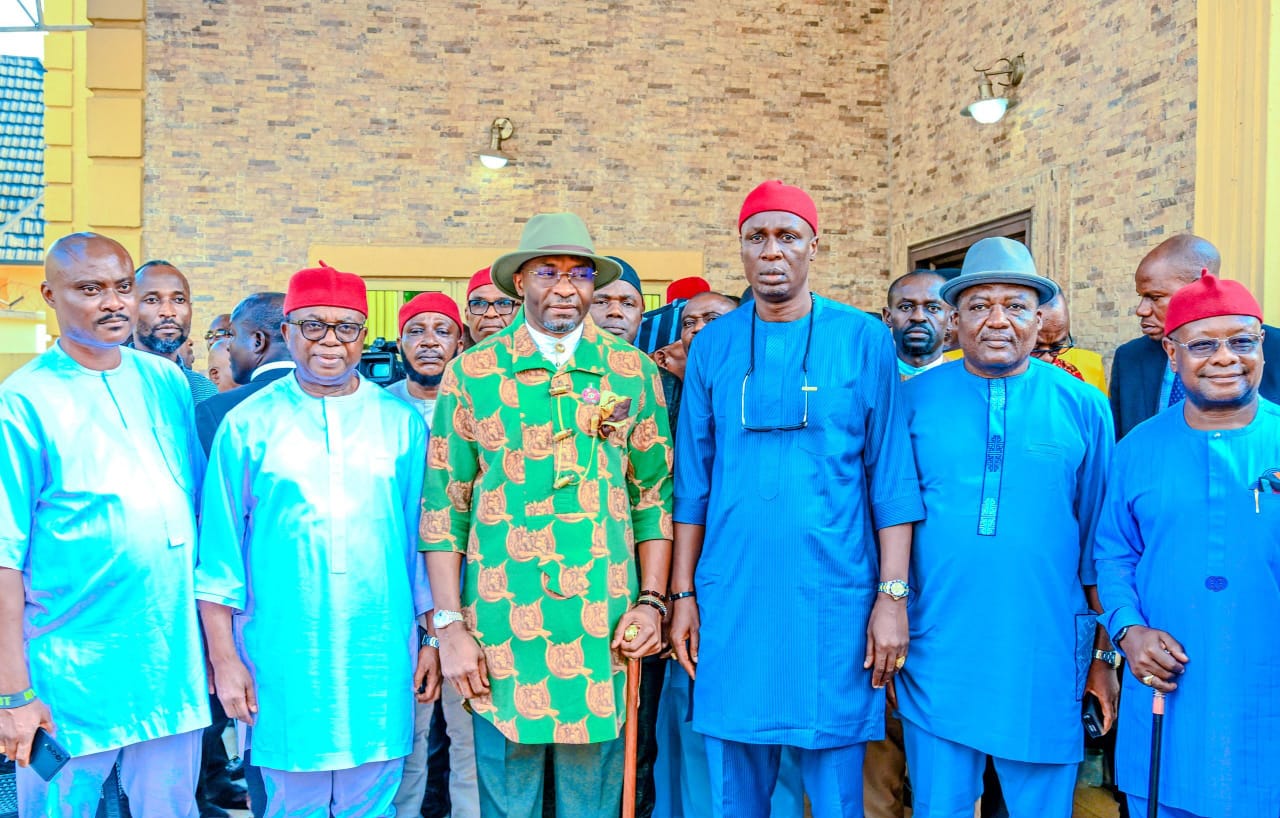 Nigerian civil society groups on Monday accused leading political parties of buying votes, after reports of cash inducements at a key governorship election.
Nigerian civil society groups on Monday accused leading political parties of buying votes, after reports of cash inducements at a key governorship election.
Kayode Fayemi, of President Muhammadu Buhari’s All Progressives Congress (APC), won the closely watched vote in the southwestern state of Ekiti on Saturday.
Both the APC and the Peoples Democratic Party (PDP), which has held power in the state since 2014, were alleged to have paid voters 3,000 to 5,000 naira ($8-13, 7-12 euros) each.
The election was seen as a litmus test of support for President Muhammadu Buhari in the southwest of the country as he looks to win a second term office in February next year.
The Nigeria Civil Society Situation Room coalition of groups said its monitors “observed widespread financial inducement and vote-buying in and around several of the polling units”.
“The major political parties were very much culpable in this breach,” said Situation Room convenor Clement Nwankwo in a statement.
The extent and “brazenness” of the practice raised concerns that elections were being “monetised with impunity”.
“This trend portends grave danger to Nigeria’s democracy, as it undermines the responsibility of citizens to freely choose their leaders and threatens the essence of democracy.”
International observers also said cash inducements had replaced ballot box-stuffing as a practice because of the introduction of handheld devices to read biometric voter identity cards.
Some analysts attributed the trend to a desperation on the part of the APC to stay in power. Buhari won partly on a promise to stamp out endemic corruption and impunity.
Joe Ekei-Odumakin, of the Women Arise for Change Initiative, said poverty was to blame in a state where public sector workers had not been paid for several months.
She said people’s heads had been turned by “wads of naira” rather than political issues and called on the Independent National Electoral Commission (INEC) to intervene.
“This kind of cash-for-vote practice makes a mockery of our democracy and INEC must stop the trend before the next elections,” she added.
Sam Omatseye, a columnist with the APC-supporting newspaper The Nation, agreed that “money was a great catcher” for unpaid workers.
Governor-elect Fayemi, who was Buhari’s solid minerals minister until recently, has promised to pay the salary backlog after he is sworn in to office later this year.
Financial mismanagement as well as recession have been blamed for the arrears in wages not just in Ekiti but in other states across the country.
Economists say late and non-payment of salaries prolongs sluggish growth while anti-corruption watchdogs warn it makes workers more open to bribery.
[ad unit=2]






